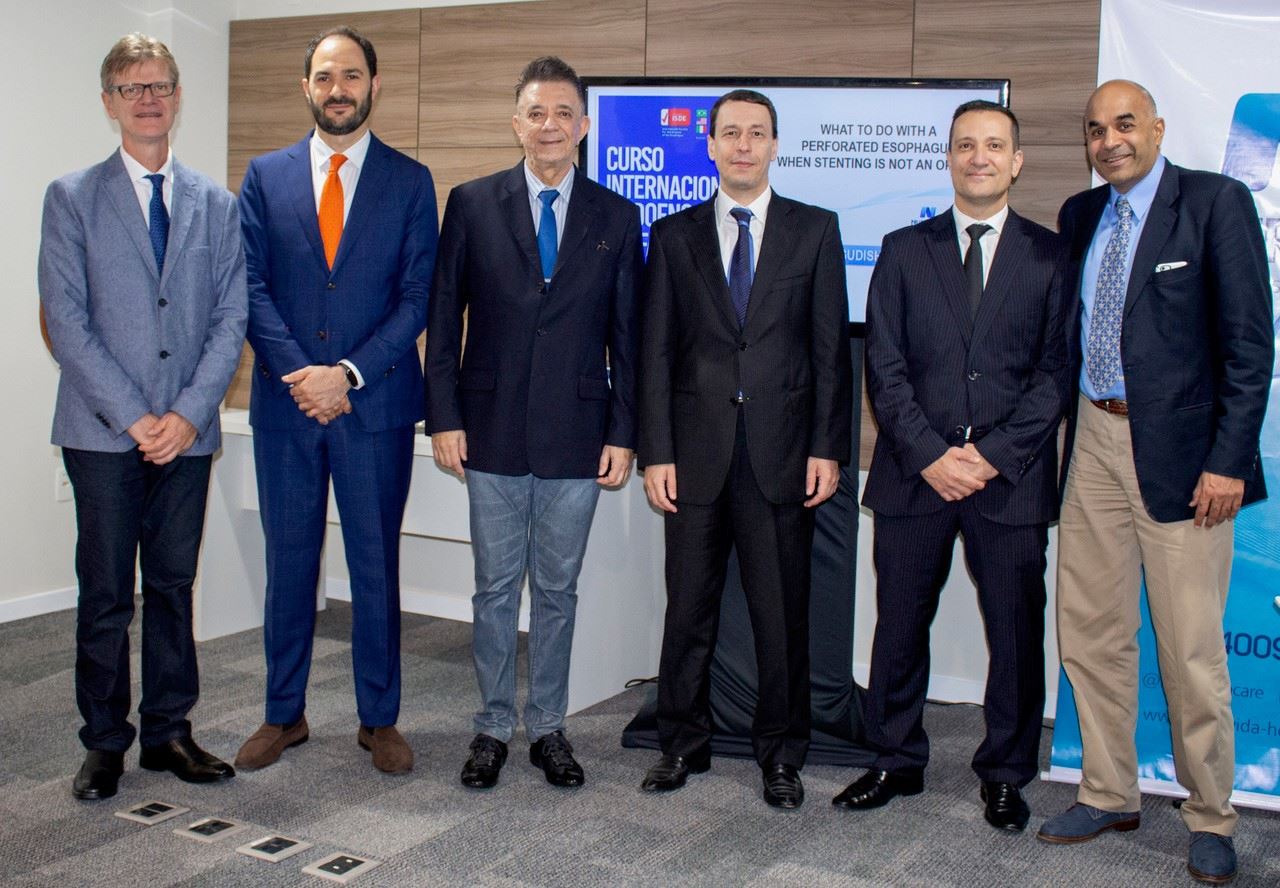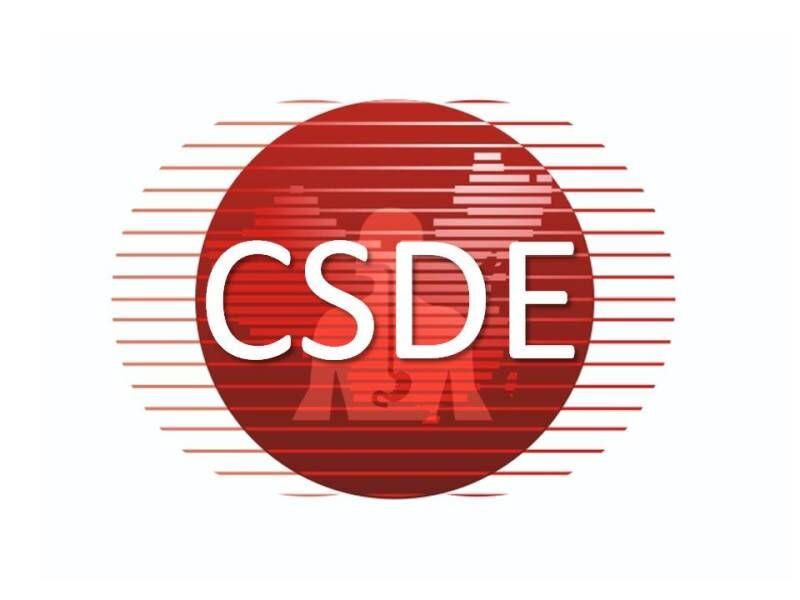ISDE Member, Fernando Lisboa MD PhD, welcomed attendees to Natal, Brazil on July 4th for the International Course on Esophageal Diseases. GERD was the central theme of the three-day meeting due in part to a growing elderly population in which gastrointestinal disorders are common. The course was Endorsed by ISDE and featured presentations from national and international faculty including Sudish Murthy, Cleveland Clinic (Ohio – USA); Asti Emanuelle substituting Luigi Bonavina, Milan (Italy); Ari Nasi, USP/SP (Brazil); Fernando Herbella, UNIFESP/SP (Brazil); Mauricio Bravin, Belo Horizonte (Brazil); Stennio Machado, Karla Emerenciano and Flaubert Senna from Natal (Brazil).

From left to right: Dr. Ary Nasi (São Paulo -SP - BR), Dr. Asti Eamanuele (Milan - Italy), Dr. Fernando Lisboa (Course Coordinator- Natal-RN- BR), Dr. Fernando Herbella (São Paulo SP- BR), Mauricio Bravim (Minas Gerais - BR) and Sudish Murty (Cleveland Clinic - Ohio - USA)
By 2050 it is estimated that more than 20% of the US population will be older than 65 years of age, and approximately 20 million individuals will be older than age 85 years. Gastrointestinal disorders are common in the elderly patient, but their manifestations may differ from those of younger patients. The International Course on Esophageal Diseases provided an update on both the diagnosis of various disorders, benign and malignant, that affect the esophagus as well as the various therapeutic modalities for the diversities of afflictions that affect it.
Gastroesophageal reflux disease (GERD) is common and affects up to 40% of US adults at least once a month. A population-based study from Finland revealed that the prevalence of daily GERD symptoms in those aged 65 years and older was 8% in men and 15% in women. The mean time pH <4 was significantly higher (32.5%) as compared with younger patients (12.9%). In addition, more elderly patients (20.8%) had grade III/IV erosive esophagitis, compared with only 3.4% of younger patients. In Brazil the incidence varies from 9 to 19%. Together with the knowledge of a growing elderly population around the world, these statistics provide a sense of the large number of people that may develop and suffer from gastrointestinal disorders.
The International Course on Esophageal Diseases served as an opportunity to educate and host discussions with international and national authorities on several important topics including Gastroesophageal Reflux Disease, Diagnostic Methods and Monitoring in this Disease, Treatment of Iatrogenic Conditions of the Esophagus, cancer of the esophagogastric junction and the role of endoscopy as diagnostic, therapeutic and preoperative rehabilitation in esophageal diseases. Also discussed was the ideal team which should consist of a Gastrointestinal surgeon and/or Thoracic surgeon with experience in the field, an endoscopist, a gastroenterologist, radiologist, pneumologist, clinical oncologist and also Fellows and Residents interested in the area.
.png)


